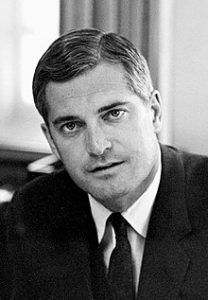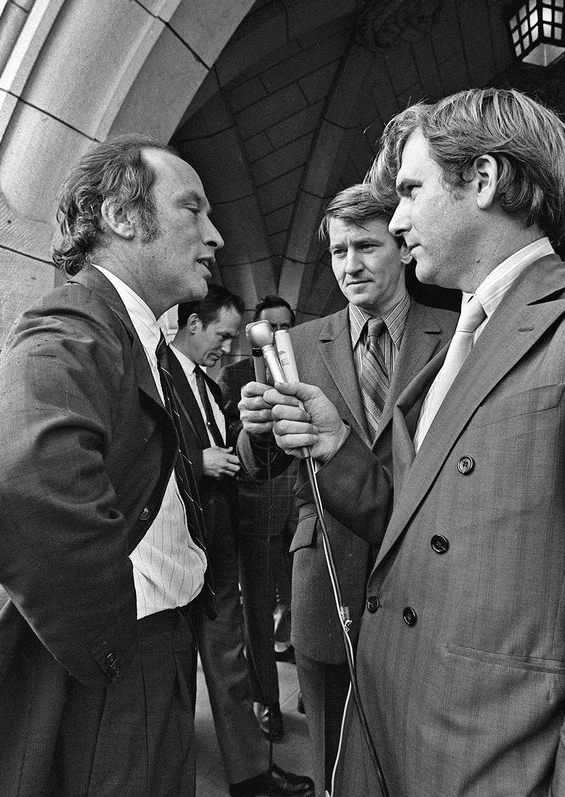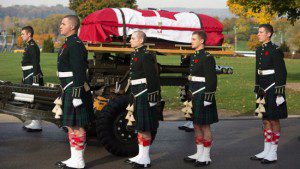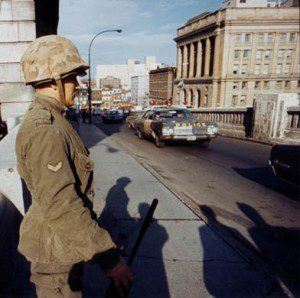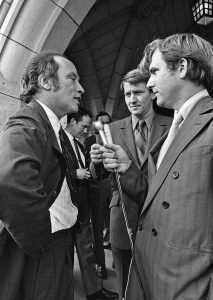
That October, the country was on the verge of civil war. At least that’s what it felt like. A Quebec cabinet minister had been murdered by the FLQ (Le Front de libération du Québec). A British trade official remained kidnapped. The then prime minister had introduced the War Measures Act to ferret out FLQ members and arrest those responsible.
As a senior student of then Ryerson’s Radio and TV Arts program and thinking only about getting the story on the air, I sat down in a radio studio at CJRT FM in Toronto and interviewed four students of Loyola College who’d been questioned in a Montreal dragnet just days before.
“My guests are John Welsh, Alan Saig, Joe Sagantic and John McKay,” I began. “Tell us how all this affected you.”
And they did. It was Oct. 28, 1970, the height of the October Crisis. (more…)
